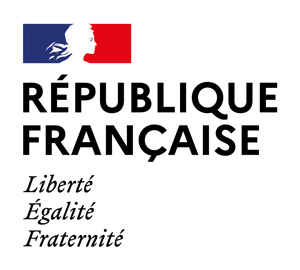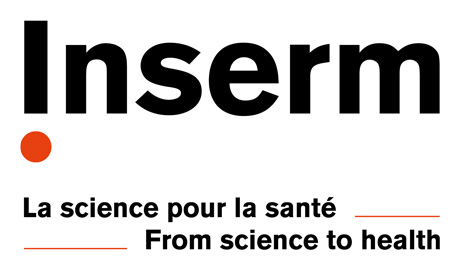





Institut de Neurosciences de la Timone
(Version française plus bas)
| City | Marseille |
| Country | France |
Offer | The Institute de Neurosciences de la Timone (INT) launches an international call for neuroscience researchers who wish to establish independent research groups. INT is a joint research unit (CNRS & Aix-Marseille University) located on the Timone Medical School Campus in the center of Marseille, next to the largest University Hospital (CHU Timone).
Candidates should be dynamic investigators with an excellent track record, with or without an existing research group. They must have a strong potential to independently develop innovative research programs and be active to drive ambitious collaborations within INT and/or with the associated clinical units of Marseille University Hospitals. Researchers and/or clinicians with a strong track record in neuroscience, physics, mathematics, and/or computational sciences, addressing fundamental and/or clinical questions in neuroscience are strongly encouraged to apply.
|
| Deadline | 30/12/2020 |
| Mon annonce ne concerne pas une offre de poste - My request is not a job offer | |
| Information contact | Guillaume Masson, guillaume.masson@univ- amu.fr or Frédéric Chavane, frederic.chavane@univ-amu.fr |
| Ville | Marseille |
| Pays | France |
| Texte de l'offre | L'Institut de Neurosciences de la Timone est une unité mixte CNRS & Aix-Marseille Université, localisée sur le Campus de la Faculté de Médecine de la Timone dans le centre de Marseille. Au sein de 13 équipes de recherche, l'INT associe des chercheurs, des enseignant-chercheurs et des cliniciens autour de projets de recherche où l'intégration des niveaux d'approche, du moléculaire au cognitif, est privilégiée pour mieux comprendre les bases neurales de certaines fonctions cognitives (contrôle moteur cortical et spinal, perception visuelle et auditive, émotions et interactions sociales) et de leurs dysfonctionnements dans les pathologies neurologiques (Spasticité, Maladie de Parkinson, déficits sensoriels) ou psychiatriques (Troubles Bipolaires, Autisme, Addictions). Nos équipes s'appuient sur 7 plateformes technologiques organisant le soutien pour l'imagerie anatomique et fonctionnelle (IRM 3T, imagerie photonique), la neurobiologie moléculaire et cellulaire (production de vecteurs viraux, biomarqueurs), l'analyse du comportement chez l'homme (contrôle visuomoteur, psychophysique) ainsi que le soutien à la recherche (neuroinformatique, instrumentation). Nos recherches portent chez la personne humaine et différents modèles animaux (rongeurs, primates non-humains) grâce à l'association avec le Mediterranean Primate Research Center (UMS2018). Plusieurs services cliniques des Hôpitaux Universitaires de l'AP-HM sont associés à l'INT pour développer la recherche clinique et la recherche translationnelle. Enfin, l'INT soutient fortement l'interdisciplinarité, en lien avec l'informatique et les mathématiques appliquées (l'INT est rattaché à l'INSB et l'INS2I du CNRS) ainsi que l'électronique et la photonique pour le vivant (en lien avec l'Ecole des Mines de Saint Etienne - campus Georges Charpak Provence), au plus proche des équipes neuroscientifiques.
Nous souhaitons en particulier renforcer 4 domaines prioritaires :
|
| Date de fin de publication : | 31/10/2020 |
| Information contact | Guillaume Masson (guillaume.masson@univ-amu.fr) ou Frédéric Chavane (frederic.chavane@univ-amu.fr) |